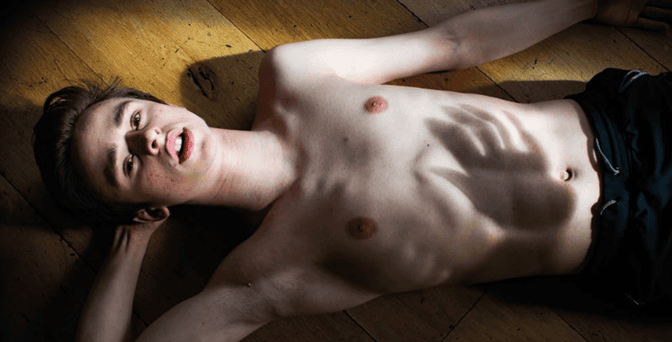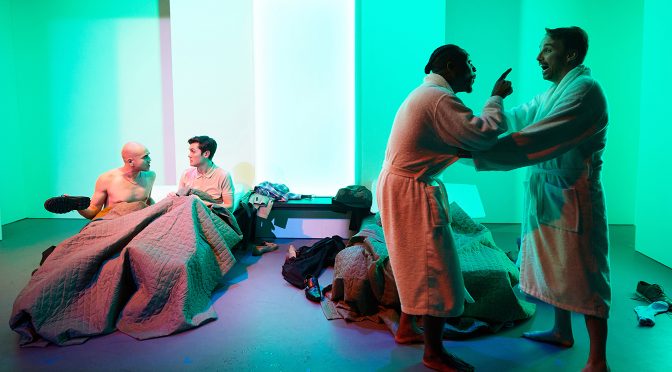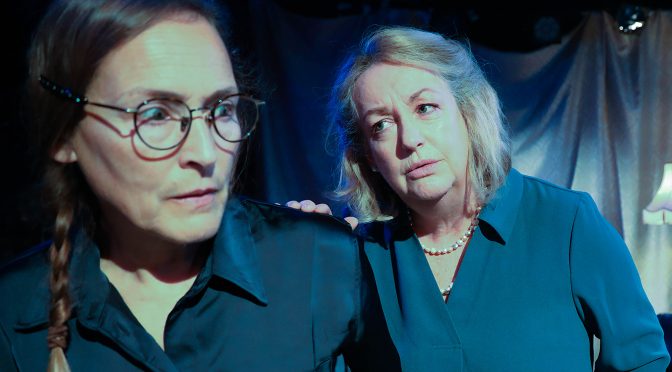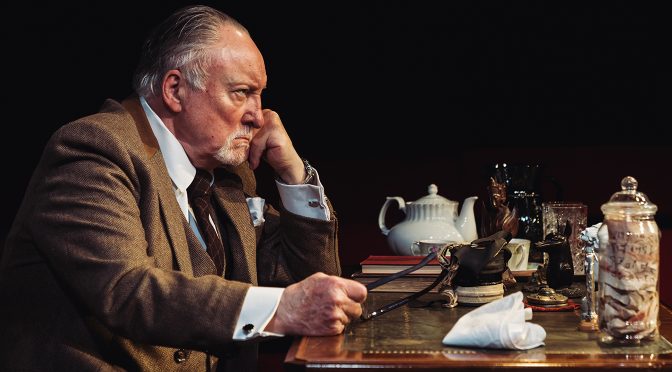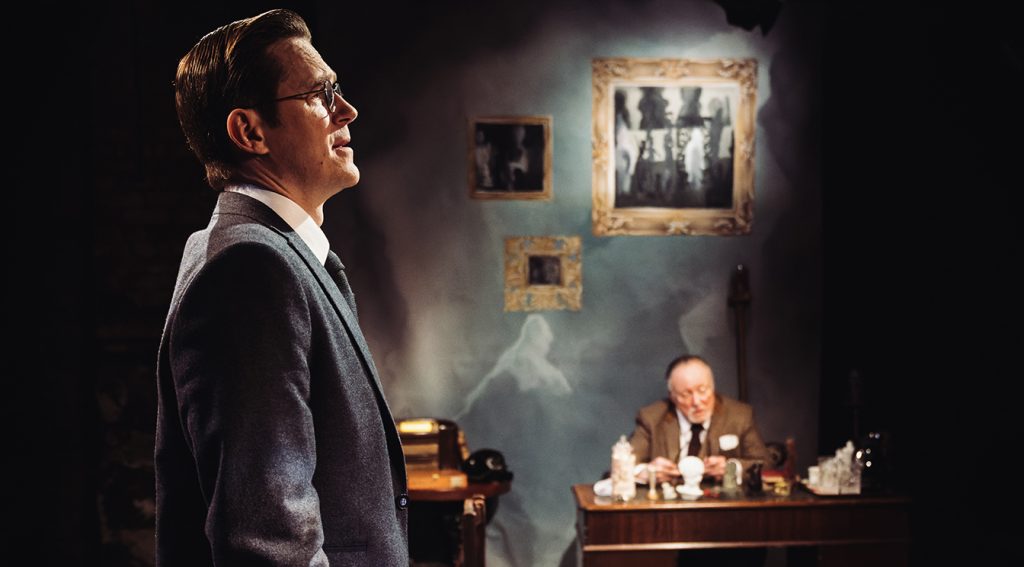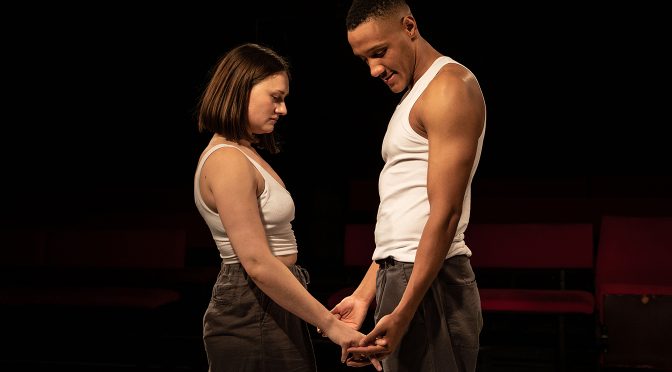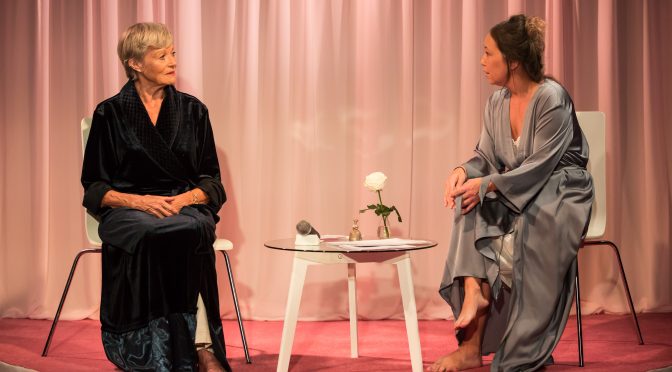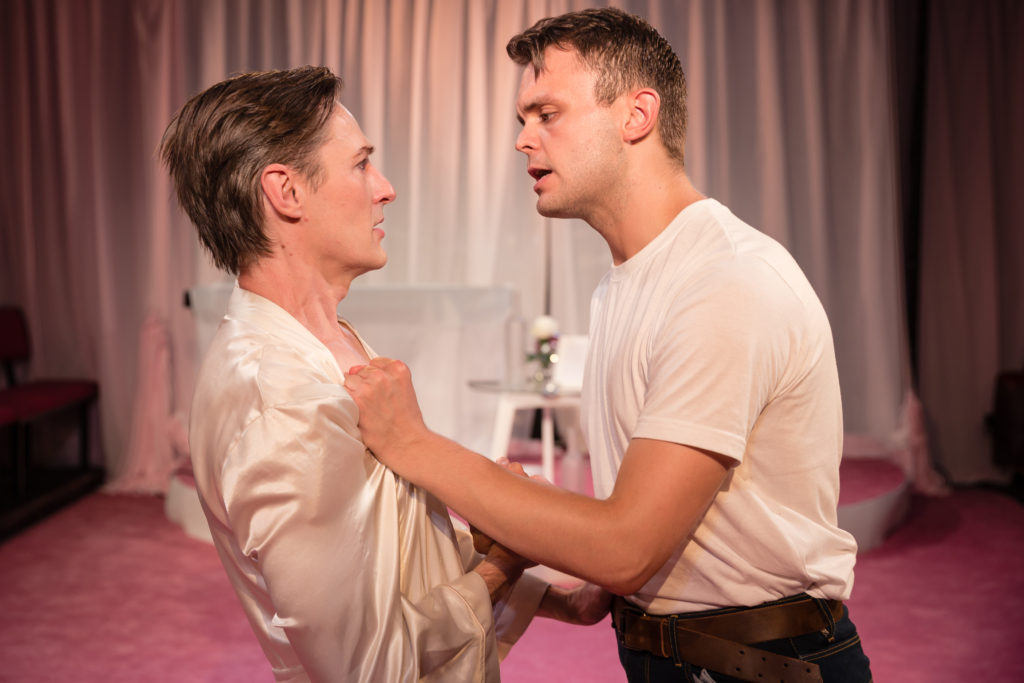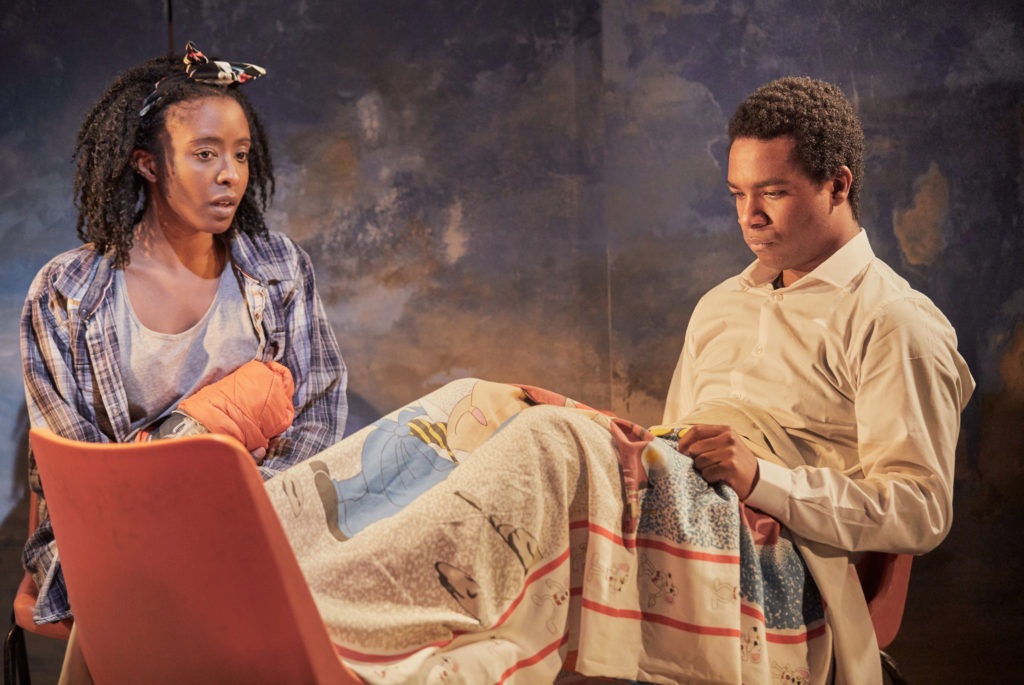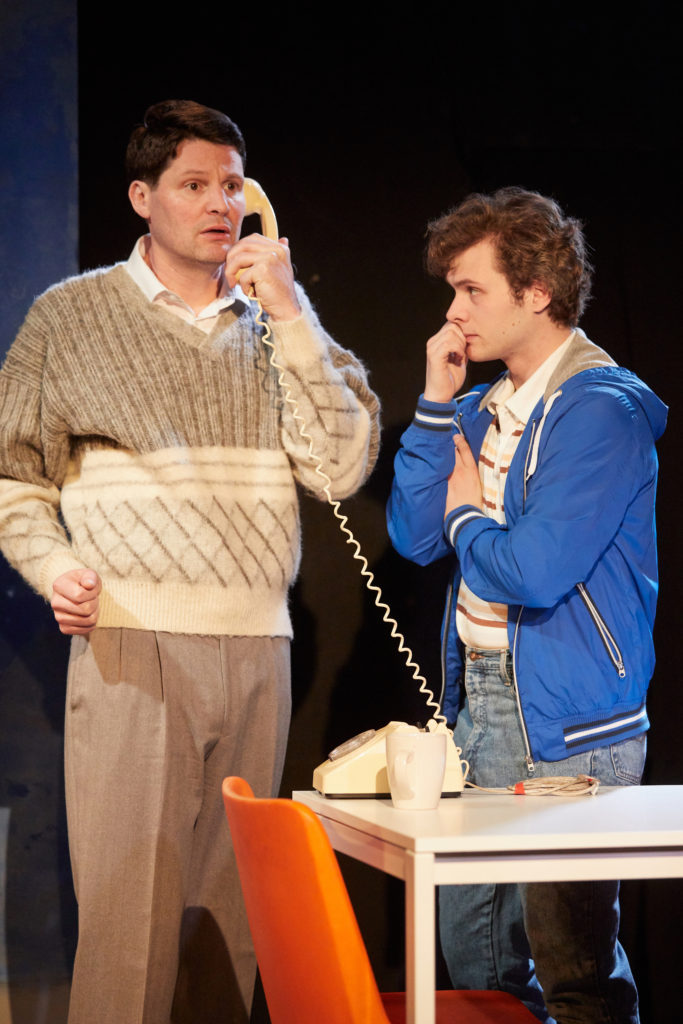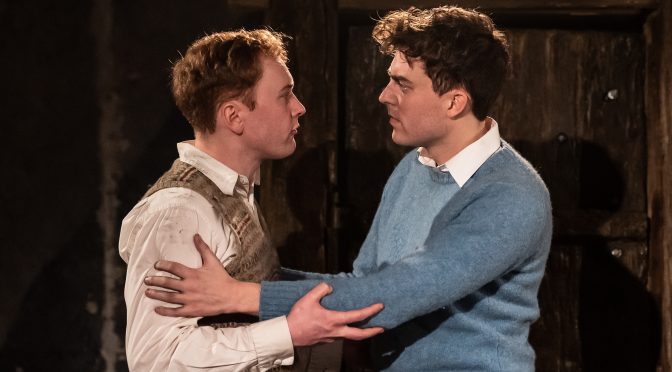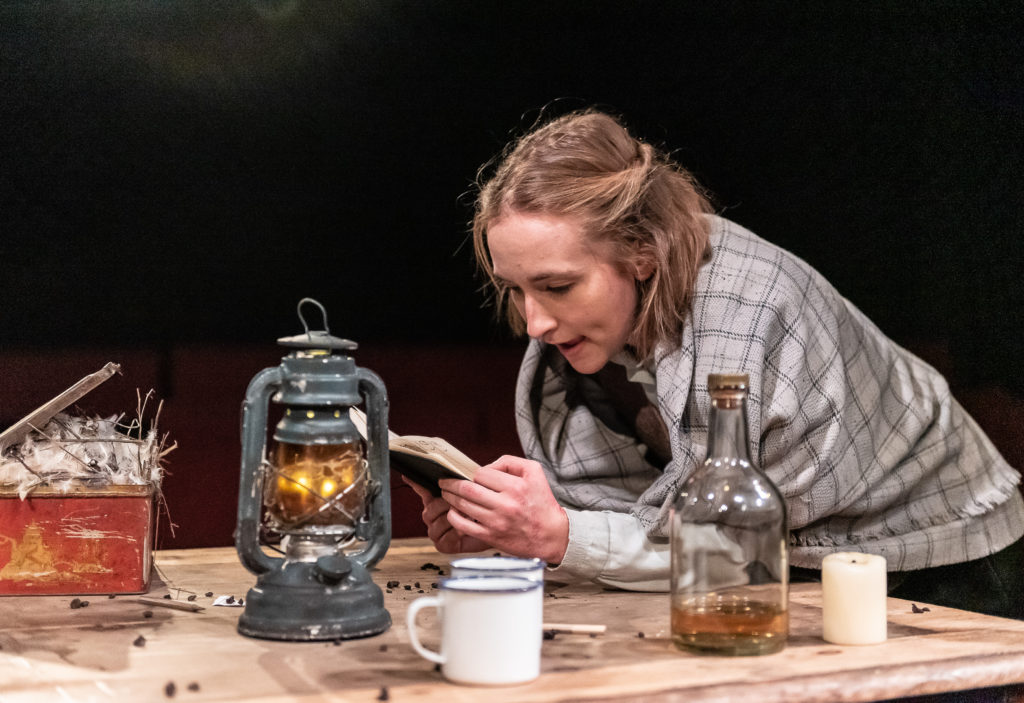It’s a brave play that tries to tackle the awful subject of paedophilia with any kind of nuance. There are queasy moments in Kevin Kelly’s fictionalized account of composer Benjamin Britten and schoolboy singer David Hemmings. Director Tim McArthur’s bumpy production doesn’t always match the slickness of the script. But the piece is both provocative and thought-provoking.
The action takes us behind the scenes of the opera The Turn of the Screw. It helps a lot to know the history beforehand. Both the play and Gary Tushaw, who does well in the role of Britten, show The Great Man’s power and charisma at work. It’s clear separating the art from the artist is not a new dilemma. But, admirably, Kelly wants to show us many sides of the story and McArthur aids his project.
Efforts to protect Britten and his “divine” art are heady. Two roles, for Jo Wickham and Jonathan Clarkson, as his assistant and producer, are under-written but serve to show Britten’s prestige and status. Less successfully, there’s the man who most admires Britten, his life partner Peter Pears. It’s an unhappy role for Simon Willmont as avowals of love and dismissal of “passing infatuations” ring hollow.
Then we come to Britten’s victims. The play (and in real life Hemmings) is clear that behavior was “inappropriate” rather than criminal, leaving the audience to judge morality. But Hemmings, despite a good performance from Liam Watson, is written as too mature. There are too many questions left hanging: the character’s class, or “rough edges”, and the absence of his parents. One great touch, which McArthur gets a lot from, is that Hemmings narrates and helps as a stage hand; his reactions are always worth watching.
Hemmings is seen as a threat rather than a victim, taking us to the most interesting but also flawed parts of the play. As tense rehearsals progress, parallels are drawn between fiction and fact. So, the ambiguity between characters in the opera infects real life. Britten even makes mistakes over Hemmings’ name. It’s a shame the idea isn’t explored more. Meanwhile Britten’s troubles are credited to the illegality of homosexuality. The point is problematic, even nonsensical. The history here is crammed in. And there’s a dream sequence that, as well as being executed poorly, creates too much sympathy for Britten and is crying out to be cut.
While it might seem the play struggles to determine a focus, flip-flopping between Britten, his entourage and Hemmings, it seems more accurate to suggest Kelly doesn’t want one – he provides lots of perspectives. A cool tone for such an emotive subject is an interesting idea. But in the end, this strength becomes Turning the Screw’s weakness. Hemming’s story is truncated and another boy, a ghostly figure who haunts the composer, needs urgent elaboration. Despite trying, the piece is weighted too much to Britten for comfort.
Until 10 March 2024

